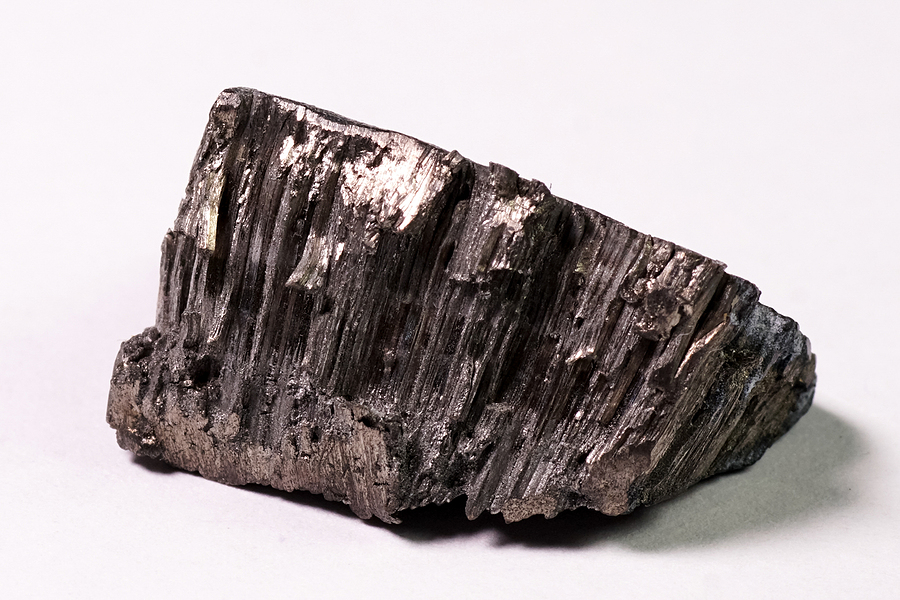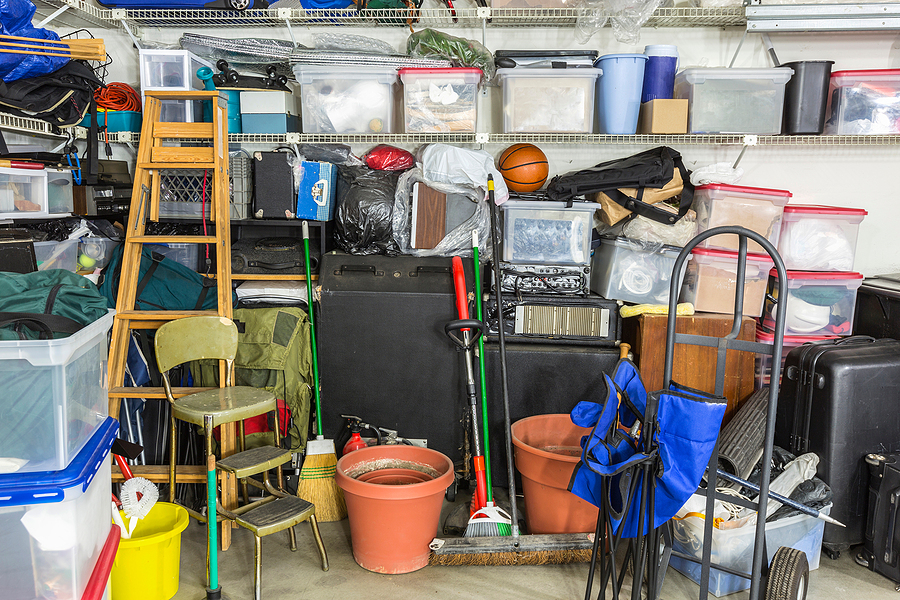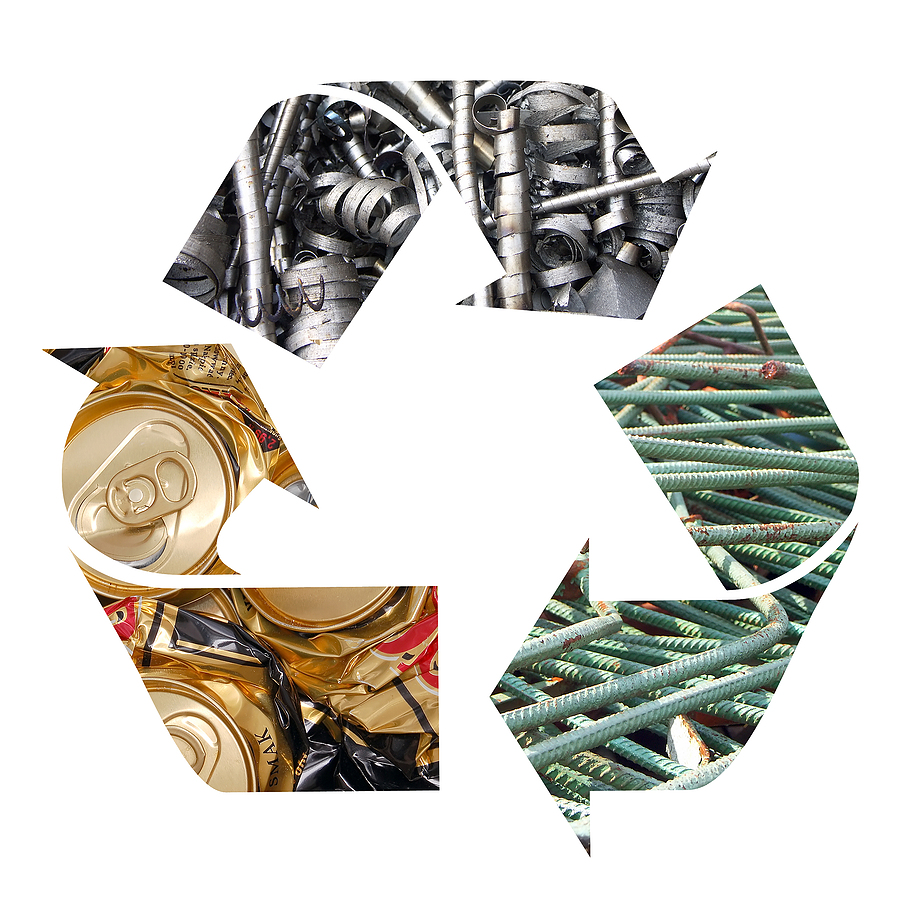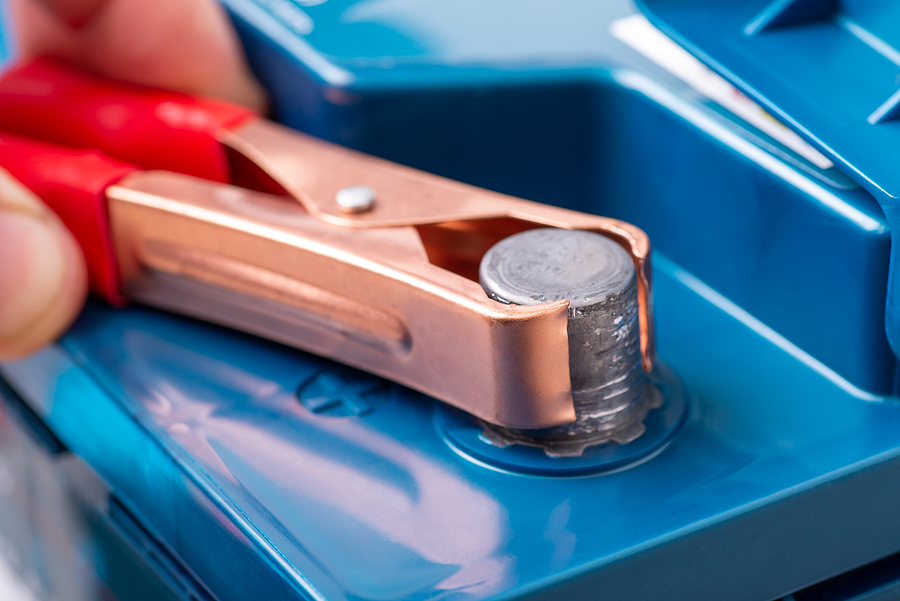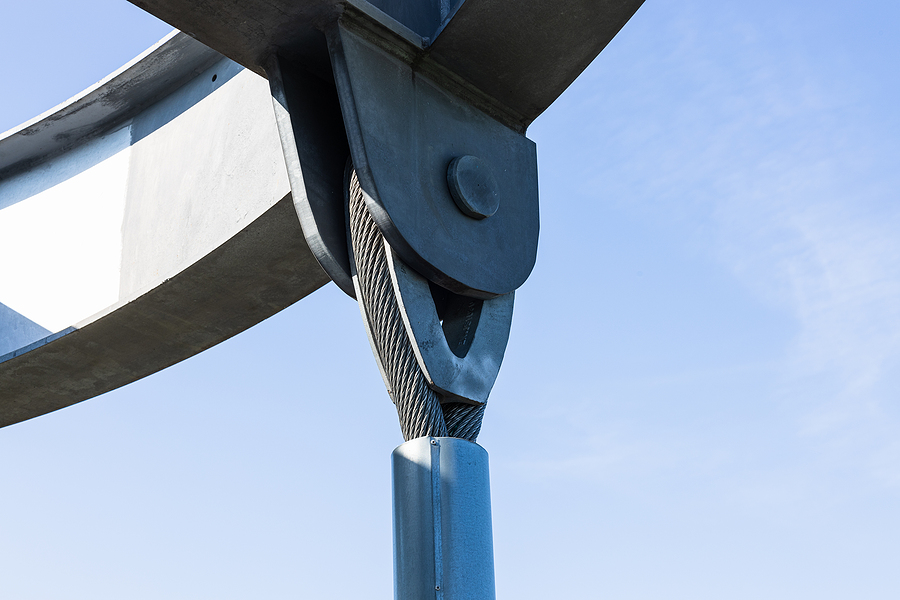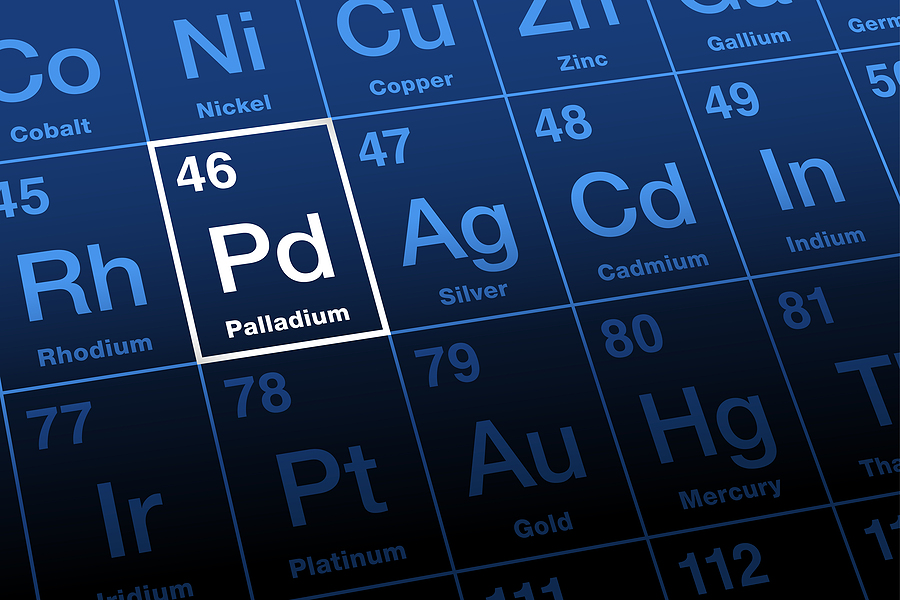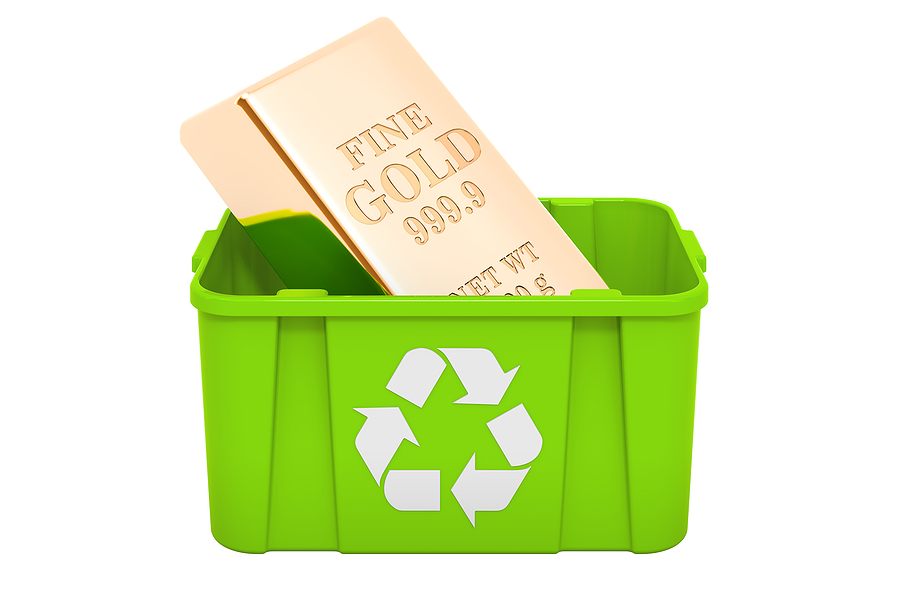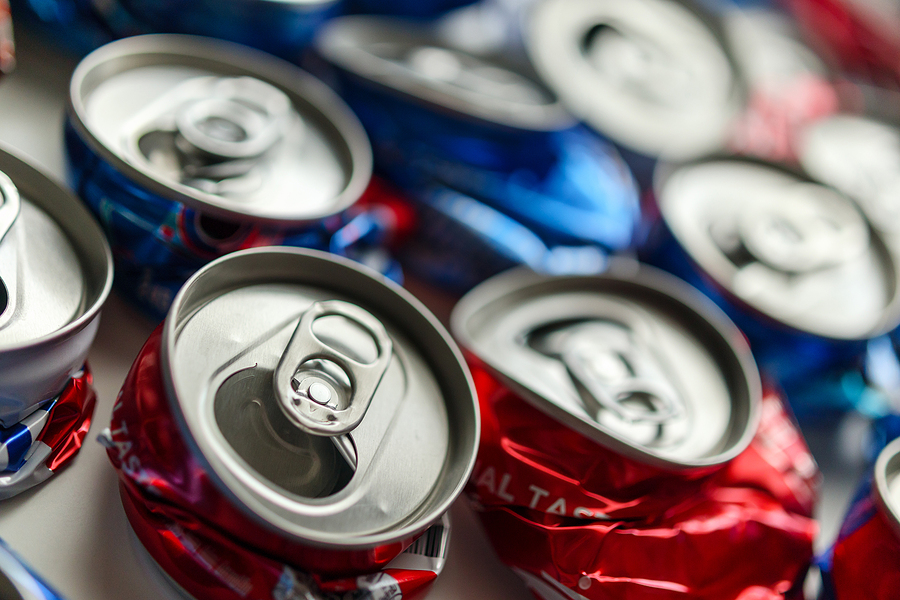In the realm of precious metals, few have the unassailable reputation and enigmatic allure of platinum. As revered as this silvery-white metal is in the annals of jewelry and as the symbol of prestige, its true value sparkles brightest in the arrays of our electronic devices, the monoliths of our skyscrapers, and the engines that propel us into the stratosphere. Join us in an exploration of platinum’s multifaceted role in various technological arenas.
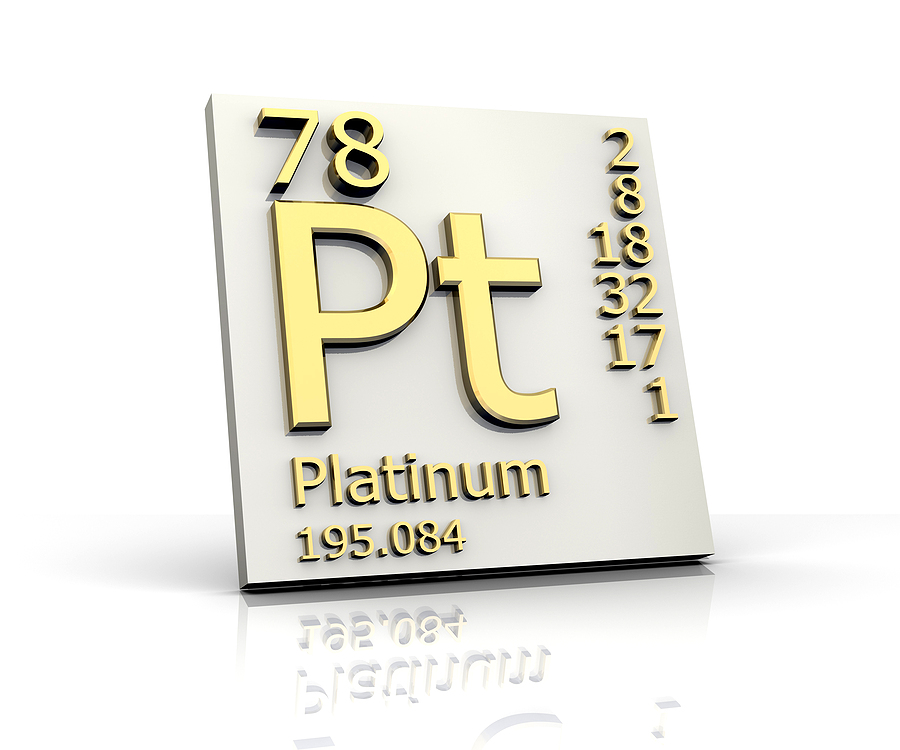
What is Platinum?
Platinum is a remarkable metal that has captured the attention of many. It is a lustrous, silvery-white precious metal that is highly valued for its durability, malleability, and resistance to tarnishing. Platinum is one of the rarest and most precious metals on earth, so it is no wonder why it is also one of the most expensive. Its rarity and desirability make it highly coveted in the jewelry industry, as well as in electronics, medical equipment, and automotive industries.
Additionally, platinum is known for its unique chemical properties, as it is resistant to corrosion and oxidation and has a high melting point. Whether admired for its strength, beauty, or practical applications, platinum remains a sought-after precious metal with truly unique properties.
Platinum in Electronics
Catalysts in Fuel Cells
The electrification of the modern world would be a mere flicker without the catalytic influence of platinum. It constitutes the heart of hydrogen fuel cells, aiding in the transformation of chemical potential into kinetic energy with a near-miraculous efficiency. This process, essential in our quest for greener energy, relies on platinum to bifurcate molecular bonds to create electricity, leaving nothing behind but pure, drinkable water.
High-Performance Electrodes in Batteries
Platinum’s roles of power and purity extend into batteries – from the lithium-ion fellows in our smartphones to the burgeoning advances in solid-state battery technology and beyond. High-performance electrodes, using this noble metal, increase the longevity and charge density of batteries, propelling us faster, longer, and deeper into the armada of our interconnected world.
Conductivity
In concert with gold, platinum orchestrates the symphony of signals and circuits in our most advanced electronic devices. The amalgamation of these metals forms the International Annealed Copper Standard (IACS), a benchmark for electrical conductivity. As a conductor, platinum finds itself optimizing micro- and nanoelectronic components, where every femtosecond matters in the transmission of critical data.
Platinum in Medical Applications
Cancer Treatment
The unyielding battle against cancer finds an ally in platinum, immersing itself as a potent cytotoxic compound in chemotherapy drugs. This marriage of platinum and medicine, witnessed in cancer-fighting agents like cisplatin, constructs molecular complexes that inhibit the replication of cancer cells, tilting the scales of survival for many patients.
Pacemakers and Stents
In cardiological technology, platinum provides the backbone for devices that sustain life. It curates the conductive pathways within pacemakers, guiding the rhythmic cadences of the heart, while stents fortified with platinum scaffold the circulatory system, a safeguard against the machinations of arterial stenosis.
Dental Innovations
Even your smile benefits from the fortitude of platinum. Dental implants, designed to integrate seamlessly within the oral framework, lean on the biocompatibility and inert nature of platinum, ensuring stability and longevity, and infusing within the patient a confidence as pure as palladium-crowned teeth.
Platinum in Automotive Industry
Catalytic Converters
No discussion of platinum’s industrial scope can be complete without a paean to catalytic converters. This technological marvel, with its lattice of fine platinum filament, plays an incomparable role in mitigating the muffling effects of vehicular emissions, transforming noxious gases into a more diffident breath for Mother Earth.
Hydrogen Fuel Cells
Once confined to concepts and the crevices of green thought, hydrogen fuel cells have stepped into the limelight, increasingly powered by platinum. As the automotive industry pivots towards hydrogen, the heretofore Associate Principal Meridian of metals commandeers the propulsion that could redefine clean transport.
Emission Control Systems
In the quest for Eco-communion, platinum’s absorption abilities and chemical affinities have been engineered into exhaust systems that scrub the air, ensuring vehicles both light and heavy breathe with a sanitized wheeze.
Platinum in Aerospace
Aircraft Engines
In the architecture of aerial might, platinum finds itself in the crucible of aircraft engines, where its heat resistance and durability are pitted against the fiery cauldron of propulsion. Here, the feathered flight of birds is distilled into aeronautic engineering, where platinum nozzles and blades embody centuries of accumulated human ingenuity.
Spacecraft Components
Beyond the clouds and into the cosmos, the sparkles of stars find their earthly echoes in platinum as it adorns vital components of spacecraft. In these constellations of circuits and navigation systems, every milligram counts, and platinum’s reliability and radiation resistance make it an undisputed contender for the exodus beyond.
Platinum in Jewelry and Luxury Goods
Engagement Rings
In the tradition of forever, platinum remains steadfast – an eternal companion symbolizing the eternal commitment. Its heft, its purity, and its resilience adorn the hands of the beloved, a weighty testament to timeless unions.
Platinum Watches
In the meticulous machinery of timekeeping, platinum resonates both in form and function. As the metal of choice for connoisseurs and collectors, it’s fabled for its rarefied qualities that stand the test of time, quite literally in the gears and the gears of luxury watches.
Platinum Pens
Fountain pens fashioned with platinum exemplify the combined artistry of material and craftsmanship. These objets d’art, inscribing the yearnings and the epochs of written human thought, further engrain platinum’s significance.
Current Market Value of Platinum
Based on the latest available data, the current price range for an ounce of platinum is around $883.00 to $907.10 USD. However, it’s important to note that prices for precious metals can vary frequently due to market conditions. If you own scrap electronics, auto parts, or precious metal jewelry, you can recycle them for a decent profit.
Conclusion
The tale of platinum in modern technology is not just one of industry, science, and sophistication; it is a narrative that intertwines with innovation, sustainability, and the inexorable march of progress. It is the undisputed champion of chemical reactivity, a vanguard of electrical flow, and a sentinel against structural degradation. In a world moving at the speed of a silicon race, perhaps it’s time to pause and admire the steel behind the circuits – the hidden marvel of platinum, beyond the shine.
Are you looking to sell scrap goods filled with platinum or precious metal? Contact Zore’s Recycling at 317-244-0700 to get paid instant cash on the spot for scrap metal recycling in Indianapolis, Indiana. We buy electronics, automotive parts, junk cars, appliances, and more.
Related Posts:
6 Benefits of Recycling Your Electronic Waste
What is Green Gold?
Is it a Good Investment to Recycle Precious Metals?

